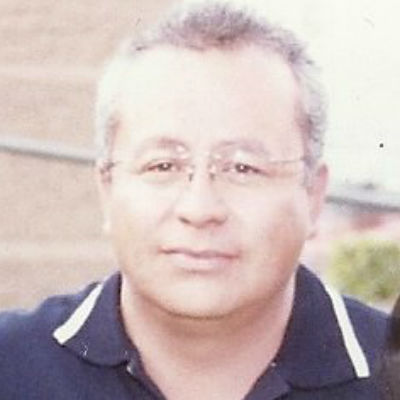Pai Gow Poker, also known as Five Card Draw is a variation of the original Hold ‘em poker game, in which players utilize 52 cards for wagers. There are two ways to win in Pai Gow: by betting real money, or by playing the online version of the game for fun. Although there are not many rules similar to the original version of poker, there are some similarities between the online version and mastercard deposit casino the standard version of poker, namely the rules for dealing with the hand and the rules for the discard pile. Pai Gow Poker can be played for fun as well as for best online casino sites that accept flexepin deposits real money. If you are new to the game of poker, then the best way to start learning the game is to play for free on some internet casino and learn how the game works from there.
Most people who learn how to play Pai Gow Poker are taught how to play the Ace and Queen card, known as the joker. The joker, or the «jack of all trades», is the second highest valued card in the deck of cards, and can be discarded from the deck at any time. This gives you great control over the game. If you have an ace in your hand, or an ace in your pocket, and your opponent has an ace in his hand, then you can bluff him by throwing down the joker and bluffing him into getting rid of your ace, or of his last card. You can also use the joker against a straight flush, and if your opponent has no flushes in his hand, then you can win the pot immediately.
In addition to the joker, one important rule about playing Pai Gow Poker with a fixed deck is that the dealer always bets the same amount on each of seven cards dealt to him, known as the seven-card stud. When a player knows this, it is easy for him to mentally prepare himself for the elimination of another player by throwing down the stud and bluffing the other player into folding. If you follow these simple rules, then you will have a great time learning and playing Pai Gow Poker.

Periodista con 25 años de trayectoria; Premio Estatal de periodismo 2010 y 2012. Premio Nacional de Periodismo 2013.
Dejar una contestacion